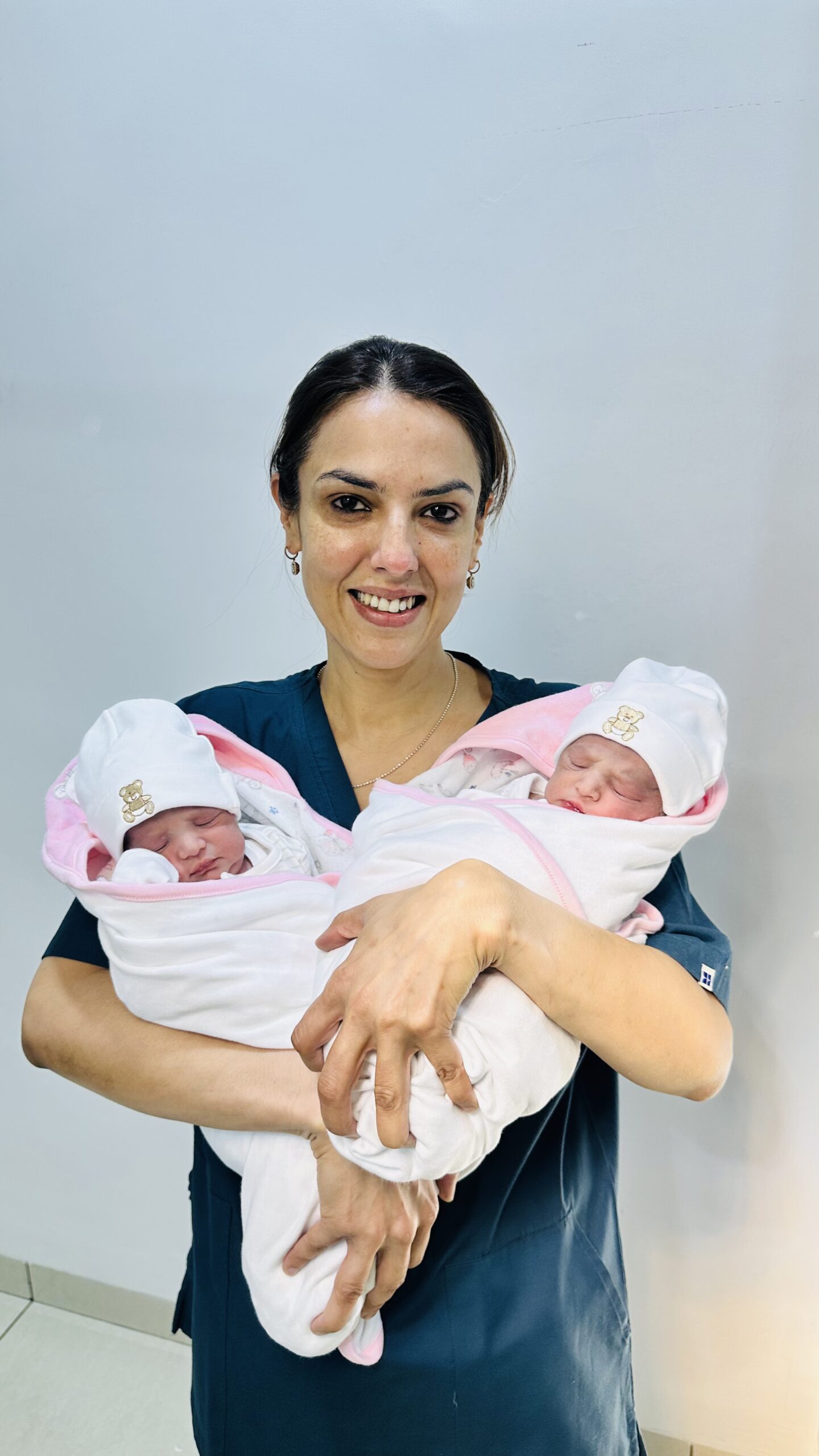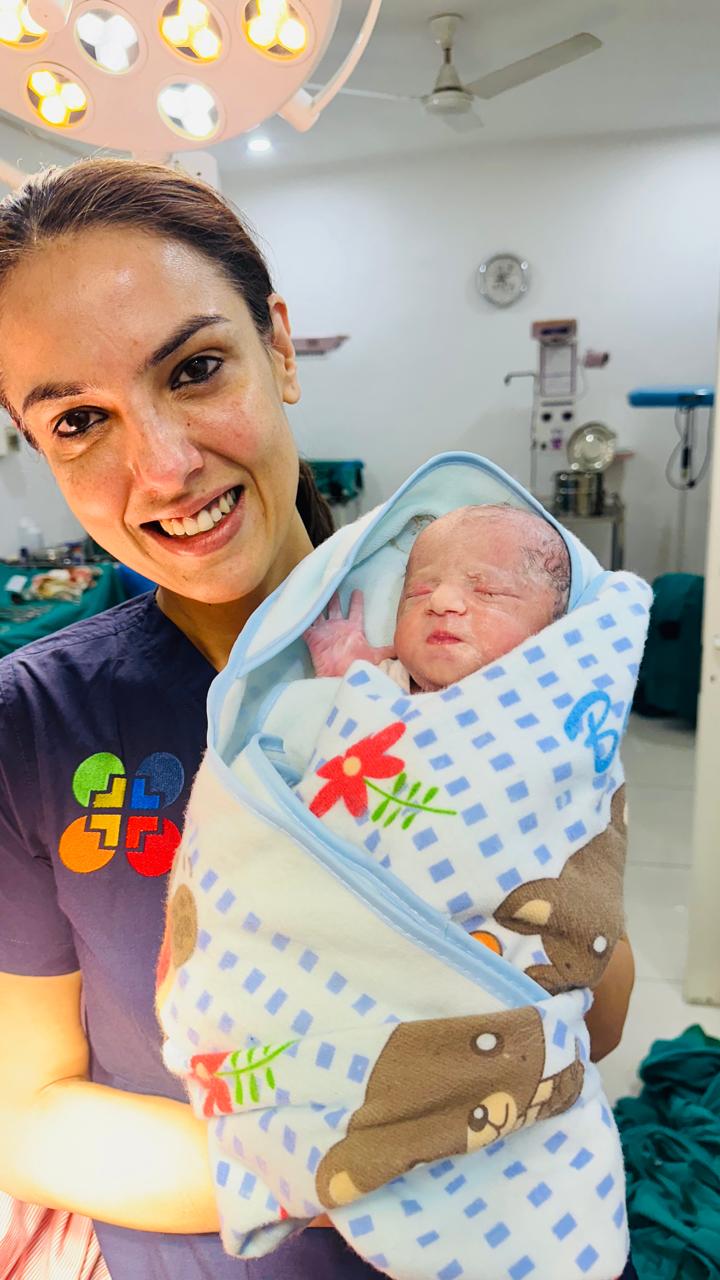Summary
In the matter of fertility, a lot of factors determine whether you can conceive; it is surprising to note that the minimum egg size to get pregnant is also a key factor. Although health and quality of eggs are the discussions that occur, this does not diminish the size of the egg which is an important aspect which must be mentioned. In this article, we will go through the influence of the size of eggs to fertility, find an answer to the question Does Egg Size Matter for Getting Pregnant?, and will provide some pieces of advice how you could increase chance of conception.
Introduction
This experience involves fertility, and when women are having problems conceiving, they need to comprehend how different factors can affect the process. One of those important factors, which may drastically affect your success in the process of becoming pregnant, is Egg size to get pregnant. Hi, I am Dr Shivani Bhutani, and today, once again, I will guide you about IVF, Fertility, and one of the major factors related to pregnancy,y that is egg size. In my last article, I educated my audience about the benefits of eating Mangoes in Pregnancy, and today I will talk about egg size to get pregnant.
Frequently, women are paying attention to ovulation and the wellbeing of the sperm cells but the quality and size of the egg matter just as much. This paper will take us deep into the influence of the minimum egg size to get pregnant on fertility and give us practical advice on enhancing egg wellbeing.
What Is the Minimum Egg Size to Get Pregnant?
Before venturing into the issue of the size and fertility, it is vital to know what is meant by the size of the eggs. The human egg or oocyte matures in the ovaries and is released on the occasion of ovulation. The egg should be big to be fertilized by sperm so that conception can take place. Pregnancy egg should be a size of between 18 to 24 millimeters in diameter. But to get impregnated by an egg, it can only be eggs to fulfill the prerequisite of the minimum egg size to get pregnant to be used in the fertilization process, which is about 16 millimeters.
Why Does Egg Size Matter for Getting Pregnant?
The size of an egg influences the quality of the egg directly and its capacity to be fertilized. The smaller eggs, which are normally termed as less than 16mm, might lack cytoplasm and fewer mitochondria needed during embryo development. Consequently, the likelihood of such eggs getting fertilized and turning into a viable embryo reduces.
Does Egg Size Matter for Getting Pregnant?
It does. Studies demonstrate that bigger eggs possess better developmental capacity. However, smaller eggs might not offer optimal environments in which sperms can enter lowering the odds of a successful pregnancy. Although fertility does not depend entirely on egg size, it plays an important role and in assisted procreative technologies, such as IVF (in vitro fertilization).
How to Increase Egg Size to Get Pregnant
Besides, in case of worrying about your egg size, you can take several measures to increase your fertilization. Most women are agonized on how to increase egg size to get pregnant and the answer is yes. Using a healthy lifestyle combined with diet and medication strategies, you can even fix the quality and quantity of your eggs.
1. Maintain a Healthy Weight and Body Composition
Hormonal imbalance can adversely affect the number of ovulations by being either underweight or overweight. Hormones such as progesterone and estrogen are important hormone involved in the development of the egg and being in good weight status will keep your body making the correct quantity of these hormones. You can use a balanced diet and plenty of exercise to maintain control over your weight and increase fertility
2. Eat a Fertility-Boosting Diet
The importance of nutrition in the health of eggs is very significant. Good sources of antioxidants, good fats and nutritious vitamins can help the functioning of the ovaries and growth of eggs. Take into consideration the following in diet:
- Vitamin D: This vitamin has been shown to enhance fertility and improve egg quality.
- Omega-3 Fatty Acids: Found in fatty fish, flaxseeds, and walnuts, omega-3s are beneficial for hormone production.
- Antioxidants: Foods like berries, leafy greens, and nuts can protect eggs from oxidative stress and improve their quality.
3. Consider Supplements
Certain supplements can aid in improving egg health. For example:
- Coenzyme Q10 (CoQ10): Known for its antioxidant properties, CoQ10 may improve egg quality and size.
- Folic Acid: Essential for cellular health, folic acid can enhance fertility.
- Myoinositol: Often recommended for women with PCOS, this supplement can help regulate egg development.
4. Manage Stress
Extreme stress may also affect the production of hormones as well as alter ovulation hence affecting the egg production quality and size. Stress can be avoided by taking practices such as yoga, meditation, and mindfulness to increase fertility.
| Egg Size (in mm) | Chance of Fertilization | Chance of Healthy Embryo Development | Pregnancy Success Rate | Possible Risks |
|---|---|---|---|---|
| < 14 mm | 5-10% | 10-15% | 2-5% | Higher risk of failure to fertilize, poor embryo quality, increased miscarriage risk |
| 14 – 15 mm | 10-20% | 15-20% | 5-10% | Lower chances of embryo development, may require intervention in assisted reproduction |
| 16 – 17 mm | 20-40% | 20-40% | 10-15% | May still be viable but still at risk for poor embryo quality |
| 18 – 20 mm | 40-60% | 50-60% | 20-30% | Optimal range for healthy fertilization, good embryo development |
| 21 – 24 mm | 60-80% | 60-80% | 30-40% | Ideal for fertilization, best chances of healthy embryo development and successful pregnancy |
| > 24 mm | 50-70% | 50-70% | 20-30% | Can be too large, may cause poor egg quality or chromosomal abnormalities |
How Age Affects the Minimum Egg Size to Get Pregnant?

According to my experience and practice as IVF doctor age is also a key component of fertility, and the question arises how does age affects the egg size to get pregnant that are needed to ensure impregnation. The number and quality of eggs within the body of a woman decrease as the woman grows older. This translates to the fact that eggs even though they may be of acceptable sizes might not be able to achieve the same egg fertilization and growth chances as eggs of a younger woman.
Why Do Eggs Shrink with Age?
As a woman grows old, the ovary loses the capacity of producing healthy ova. Eggs lose their sensitivity to hormonal messages and fail to develop and mature to viable eggs. In women above 35, the quality of eggs reduces at an accelerated rate and each woman finds it difficult to conceive easily or under the use of assisted reproduction techniques such as IVF.
Can IVF Help If the Egg Size Is Smaller?
Where eggs are of inferior size and quality, then IVF is a possible alternative. Physicians may administer different treatments to induce growth of bigger and viable eggs in the ovary such as gonadotropins (hormonal injections). Nevertheless, the success rates are lower when the egg size to get pregnant is smaller.
What Are the Risks of Smaller Eggs?
Let me tell you that smaller eggs can increase the risk of several fertility challenges, including:
- Reduced Fertilization Rates: Smaller eggs may be less likely to be fertilized by sperm.
- Increased Risk of Chromosomal Abnormalities: Smaller eggs are more prone to errors during cell division, which can lead to miscarriage or developmental issues in the fetus.
- Poor Embryo Development: Smaller eggs may not provide sufficient resources for embryo development, reducing the chances of a successful pregnancy.
Conclusion
That’s a wrap. I will catch you on guy in my next article. The size of eggs may be important to any individual who is ready to conceive. Egg size might not be the only aspect of fertility but certainly a factor of a high importance in defining the will of a woman to bear a child. Whereas, in the event of you being worried about large egg, your change of lifestyle, proper diet and therapy would increase your possibility of conception. Make certain that you still consult a fertility specialist or a medical practitioner to discuss your particular requirements and chances prior to undergoing treatments and medications.
Frequently Asked Questions (FAQ)
A: The fertilization ability of the egg is mostly dependent on the size of the egg with a size of 16mm as the minimum size that could be fertilized. The eggs that are less than this one are less likely to get fertilized.
A: Egg size is essential yes. Big eggs normally have better possibilities to become fertilized and produce a good embryo..
A: Yes, you can do it by lifestyle change, healthy diet, supplements, and stress management, helping your body to make healthier and larger eggs..
A: The quality and quantity of eggs produced also reduce as you age and get to the stage of making conception difficult. The rate of egg deterioration is quicker in women above 35 years.
















